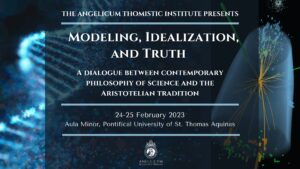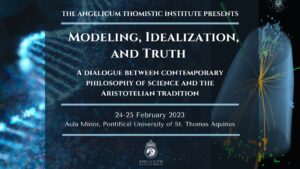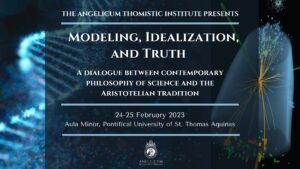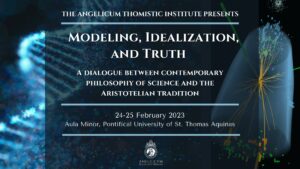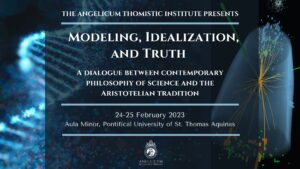Uses and abuses of models in the life sciences: How can life scientists develop better models and theories?
Santiago Schnell
University of Notre Dame
Biology is complex. As a result of this complexity, life scientists use models to understand biological processes and challenge their ideas or hypotheses. Life scientists confront their ideas with data using statistical methods to determine the extent to which their hypotheses agree with experimental perturbations. These perturbations can be carried out on biological models, or if possible, on living organisms. In the experimental laboratory, composite biochemical mixtures, cell lines, and animals are typical models for biological systems. During the last decade biology has become data rich and data more complex, so much so that it is becoming increasingly challenging to test hypotheses using the traditional statistical approaches. As a result of the data complexity, mathematical and computational models are gaining in importance across the life sciences because they are more effective at representing the complexity of biological systems. Mathematical models can be used to test hypotheses by making testable predictions about the future behaviour of systems, and also Mathematical models can also test ideas or hypotheses by gaining insights into how we can control the behaviour of biological systems. In this talk, the audience will learn how non-mathematical and mathematical models are used and abused by life scientists to test ideas and hypotheses. This overview of biological models will set the stage to discuss the current challenges limiting the development of better models and theories in the life sciences.
Santiago Schnell earned his undergraduate degree in biology from Universidad Simón Bolívar (Venezuela), and then his doctorate degree in mathematical biology from the University of Oxford (United Kingdom) in 2003. Dr. Schnell was appointed Junior Research Fellow at Christ Church and Senior Research Fellow of the Wellcome Trust at the Wolfson Centre for Mathematical Biology at the University of Oxford between 2001 and 2004. He was assistant professor at Indiana University in 2004, and joined the faculty at the University of Michigan in 2008 as an associate professor in the Department of Molecular & Integrative Physiology, in the Department of Computational Medicine & Bioinformatics, and a William K. Brehm Investigator at the Michigan Comprehensive Diabetes Center. He was promoted to professor in 2015, appointed as the John A. Jacquez Collegiate Professor of Physiology in 2016, and acted as department chair of the Department of Molecular & Integrative Physiology between 2017 and 2021. From September 1st, 2021, he has been serving as the William K. Warren Foundation Dean of the College of Science at the University of Notre Dame. He is Professor of Biological Sciences, and Applied and Computational Mathematics and Statistics. He is also an internationally renowned theoretical and mathematical biologist. His research has substantially altered the view of measuring and modeling enzyme-catalyzed reactions under non-physiology and physiological conditions. He has published over 160 peer-reviewed publications and has received multiple awards in recognition of his research and teaching endeavors. He is a US National Academy of Medicine Emerging Leader in Health and Medicine, and the recipient of the Arthur Winfree Prize, one of the two premier awards in mathematical and theoretical biology. Dr. Schnell is Fellow of the Royal Society of Chemistry, the American Association for the Advancement of Science, the Society for Mathematical Biology, the Latin American Academy of Sciences and Royal Society of Medicine and he served as the President of the Society for Mathematical Biology.
Related Content
